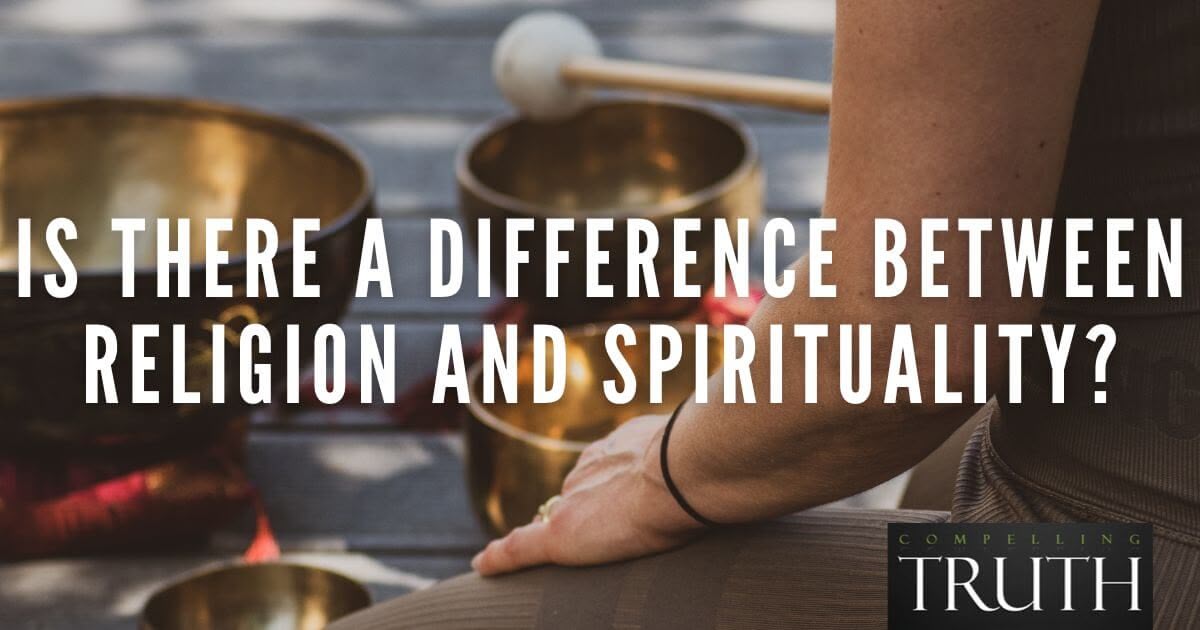Dianetics, or Scientology, is the belief that our personal problems, physical and mental health issues, and other illnesses and troubles are caused by past experiences that have lasting effects upon us.
According to Dianetics, these past experiences, called "engrams," impact each person's reactive or subconscious mind. Scientology founder L. Ron Hubbard taught that "auditing," or removing the engrams, would heal a person's "thetan" or soul. When that happens, a person would no longer have a reactive or subconscious mind and would thus become "Clear."
The process to become Clear is guided by an auditor who helps a person recall and relive past events, from birth and before birth, through childhood and even past lives, right up to the present. These memories are discussed and the resulting engrams removed. The process has been described as like undergoing hypnosis. Auditors use an E-meter, or electro-psychometer, which is kind of like a lie detector.
These claims, which Hubbard began teaching in the 1950s, are biblically false. Hubbard's processes were challenged immediately by experts in medicine and psychiatry and classified as pseudoscience, like astrology. Though some high profile celebrities tout the benefits of Scientology, no science has supported any processes or successes. What Dianetics does seem to be successful at is generating revenue as auditing sessions are expensive. The wealthy seem to be over-represented in the demographics of Scientology followers.
The Bible does not teach that we have prior lives (Hebrews 9:27). The Bible says our moral problem is sin, not the memory of painful experiences (Romans 3:23; 5:12; 6:23). The Bible says we can be reformed, reborn, and made righteous only through Christ, not by an audit or by willpower (1 Corinthians 6:10–11; 2 Corinthians 5:17–21; Ephesians 2:8–10; John 3:16–18; 14:6). Any belief, philosophy, or system of moral improvement must be weighed against the claims and power of Jesus.
"See to it that no one takes you captive by philosophy and empty deceit, according to human tradition, according to the elemental spirits of the world, and not according to Christ" (Colossians 2:8).
According to Dianetics, these past experiences, called "engrams," impact each person's reactive or subconscious mind. Scientology founder L. Ron Hubbard taught that "auditing," or removing the engrams, would heal a person's "thetan" or soul. When that happens, a person would no longer have a reactive or subconscious mind and would thus become "Clear."
The process to become Clear is guided by an auditor who helps a person recall and relive past events, from birth and before birth, through childhood and even past lives, right up to the present. These memories are discussed and the resulting engrams removed. The process has been described as like undergoing hypnosis. Auditors use an E-meter, or electro-psychometer, which is kind of like a lie detector.
These claims, which Hubbard began teaching in the 1950s, are biblically false. Hubbard's processes were challenged immediately by experts in medicine and psychiatry and classified as pseudoscience, like astrology. Though some high profile celebrities tout the benefits of Scientology, no science has supported any processes or successes. What Dianetics does seem to be successful at is generating revenue as auditing sessions are expensive. The wealthy seem to be over-represented in the demographics of Scientology followers.
The Bible does not teach that we have prior lives (Hebrews 9:27). The Bible says our moral problem is sin, not the memory of painful experiences (Romans 3:23; 5:12; 6:23). The Bible says we can be reformed, reborn, and made righteous only through Christ, not by an audit or by willpower (1 Corinthians 6:10–11; 2 Corinthians 5:17–21; Ephesians 2:8–10; John 3:16–18; 14:6). Any belief, philosophy, or system of moral improvement must be weighed against the claims and power of Jesus.
"See to it that no one takes you captive by philosophy and empty deceit, according to human tradition, according to the elemental spirits of the world, and not according to Christ" (Colossians 2:8).



